Steel grade classification of OCTG oil casing
OCTG is the abbreviation of Oil Country Tubular Goods, which usually includes oil pipes, casing pipe,
slotted casings,
drill pipes, drill collars,
pup joints and couplings, and is mainly used for oil and natural gas extraction. This article will introduce the steel grade classification of OCTG oil casing in detail.
The American Petroleum Institute API standard is specifically for oil and gas: casing, tubing and pipeline standards used in the industry. In this standard, the casing steel grade is divided into several grades, namely H-40, J-55, K-55, N-80, L-80, C-90, T-95, P-110, Q-125, and each grade has a different heat treatment process. In API 5CT, raw materials are divided into four groups. The first group is H, J, K, N, the second group is C, L, T, the third group is P, and the fourth group is Q. The number indicates the strength level, and the code K, N, L, C, T means there is nothing to explain. The number below represents the minimum yield strength of the material. The unit is KSI (thousands per square inch), H, N, K, J are the first group, the yield strength of the material is 200 MPa, L, C, T are the two groups, the yield strength of the material is 100 MPa, P110 is the third group, Q125 is the fourth group.
API is divided into 4 groups:
The first group represents ordinary pipes, that is, pipes with lower strength;
The second group represents anti-sulfur and corrosion-resistant pipes;
The third and fourth groups represent high-strength grades;
Tip: J is a code. The API specification stipulates that the value after the steel grade code is the minimum yield strength, and the unit is 1000psi (6894.7632kPa).
For example, J-55, J is the steel grade symbol, and "55" means 55 x 1000 psi, which refers to the minimum yield strength of the steel.
Classification of oil pipes and casing in special oil pipes in API standards
In the
API 5 CT standard, casing and oil pipes are divided into 4 groups and 19 steel grades. According to the manufacturing method, it is divided into two categories: seamless steel pipes and welded pipes. Except for the six grades of L80-9Cr, L80-13Cr, C90-1, C90-2, T95-1, and T95, which are limited to the use of seamless steel pipes, other steel grades can use not only seamless steel pipes but also straight seam welded pipes produced by resistance welding or electric induction welding. Its heat treatment process, except for the three steel grades in the first group, the first group N80Q type, the second, third, and fourth groups, a total of 14 steel grades, must be subjected to full-length quenching + tempering treatment, and the minimum tempering temperature is specified for the eight steel grades in the second group. For the first group, the second group M65 steel grade and the third group, a total of 7 steel grades, only the maximum value of S and P content is specified, but other main chemical components are not specified. Chemical composition requirements are specified for a total of 12 steel grades in the second and fourth groups.
Specific meaning of steel grade expression for casing and tubing
In the API SPEC 5 CT standard, the steel grade of casing and tubing indicates its yield strength and some special characteristics. The steel grade is usually indicated by 1 letter and 2 or 3 numbers, such as N80. In most cases, the later the letter is in the alphabetical order, the greater the yield strength of the pipe. For example, the yield strength of N80 grade steel is greater than that of J55. The numerical symbol is determined by the minimum yield strength of the pipe expressed in thousands of pounds per square inch. For example: the minimum yield strength of N80 steel grade is 80klb/in2. The casing steel grades listed in the API SPEC 5 CT standard are: H40, J55, K55, N80, M65, L80, C90, C95, T59, P110, Q125; the casing steel grades are: H40, J55, N80, L80, C90, T59, P110.
OCTG Casing Pipe Grade Details:
OCTG casing pipe is available in a variety of grades, each with its own unique properties to meet the needs of specific applications. Common grades of OCTG casing include API J55, K55, L80, N80, P110, and Q125. Let's take a closer look at these grades.
J55
API J55 casing pipe is a general-purpose grade casing and the most commonly used grade casing for oil and gas wells. It is known for its affordability and versatility. It is often chosen when cost is the main consideration. J55 casing has a relatively low yield strength and tensile strength of 73,000 psi to 92,000 psi, respectively. It is often used in shallow wells that only require moderate pressure control or wells with less risk of hydrogen sulfide corrosion.
K55
K55 casing pipe is slightly stronger than J55 and belongs to the medium strength grade. It is best suited for shallow wells where sealing and corrosion requirements are not too stringent. It is also more durable than J55 and can withstand greater pressures. It has an average yield strength of 82,000 psi and an average tensile strength of 110,000 psi. It is often used in onshore wells where moderate tensile and yield strengths are required.
N80
N80 casing pipe is a higher grade than L80 and has excellent strength and performance in wells up to 20,000 feet deep. It is most often used in offshore operations and has an average yield strength of 85,000 psi and an average tensile strength of 100,000 psi. It has excellent corrosion protection and is ideal for deep, high-pressure wells.
L80
L80 casing pipe is a higher strength grade than J55 and K55. It combines good strength and toughness. It is particularly suitable for sour services and is often used in offshore operations. It has an average yield strength of 83,500 psi and an average tensile strength of 95,000 psi. It has excellent corrosion resistance and is well suited for deep wells with high pressure loads.
P110
P110 casing pipe is the highest grade of oil well casing currently available. It combines excellent strength and ductility, with an average yield strength of 105,000 psi and an average tensile strength of 125,000 psi. It is most commonly used in offshore operations and is suitable for operations up to 30,000 feet deep. It is also highly resistant to corrosion and provides excellent pressure control capabilities.
Q125
Q125
casing pipe is a premium product with excellent strength and ductility. It is often used in demanding applications, such as extreme depth and high pressure. It has an average yield strength of 115,000 psi and an average tensile strength of 140,000 psi. It is most commonly used in offshore oil wells, but can also be used in some onshore oil wells.








 English
English Español
Español بالعربية
بالعربية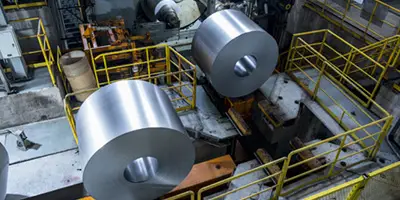


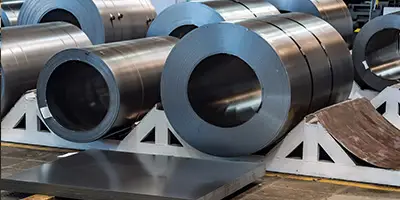

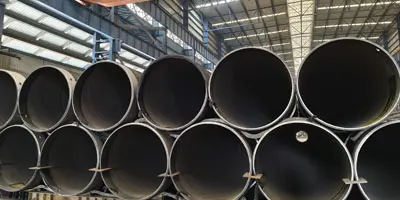

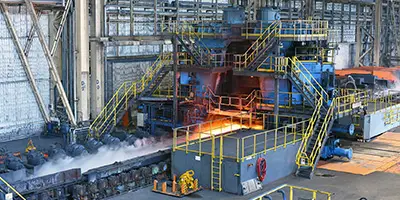
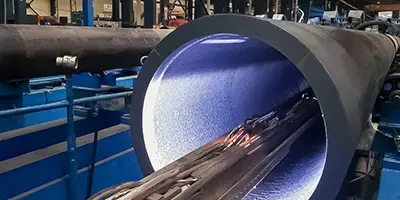


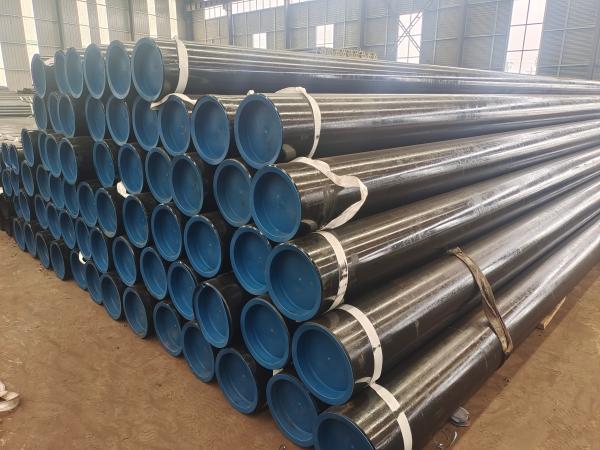
 Phone :
Phone :  Whatsapp :
Whatsapp :  Email :
Email : 


